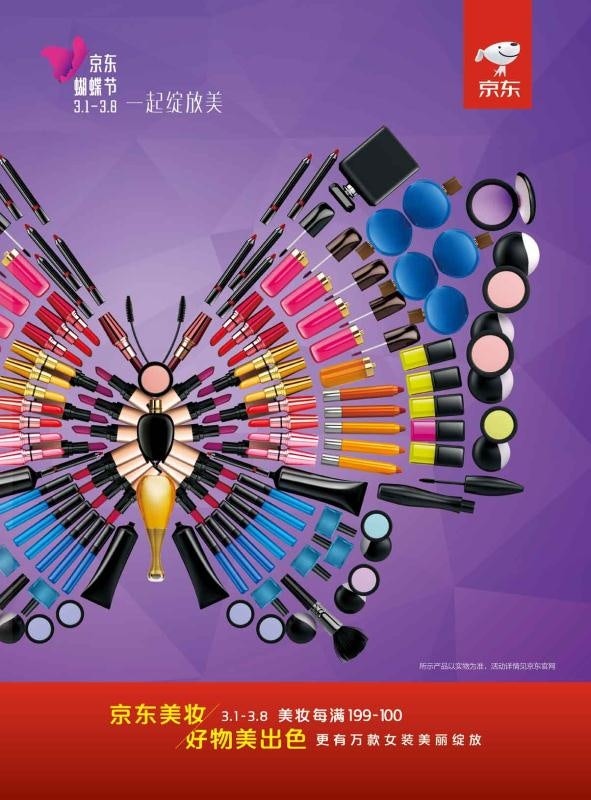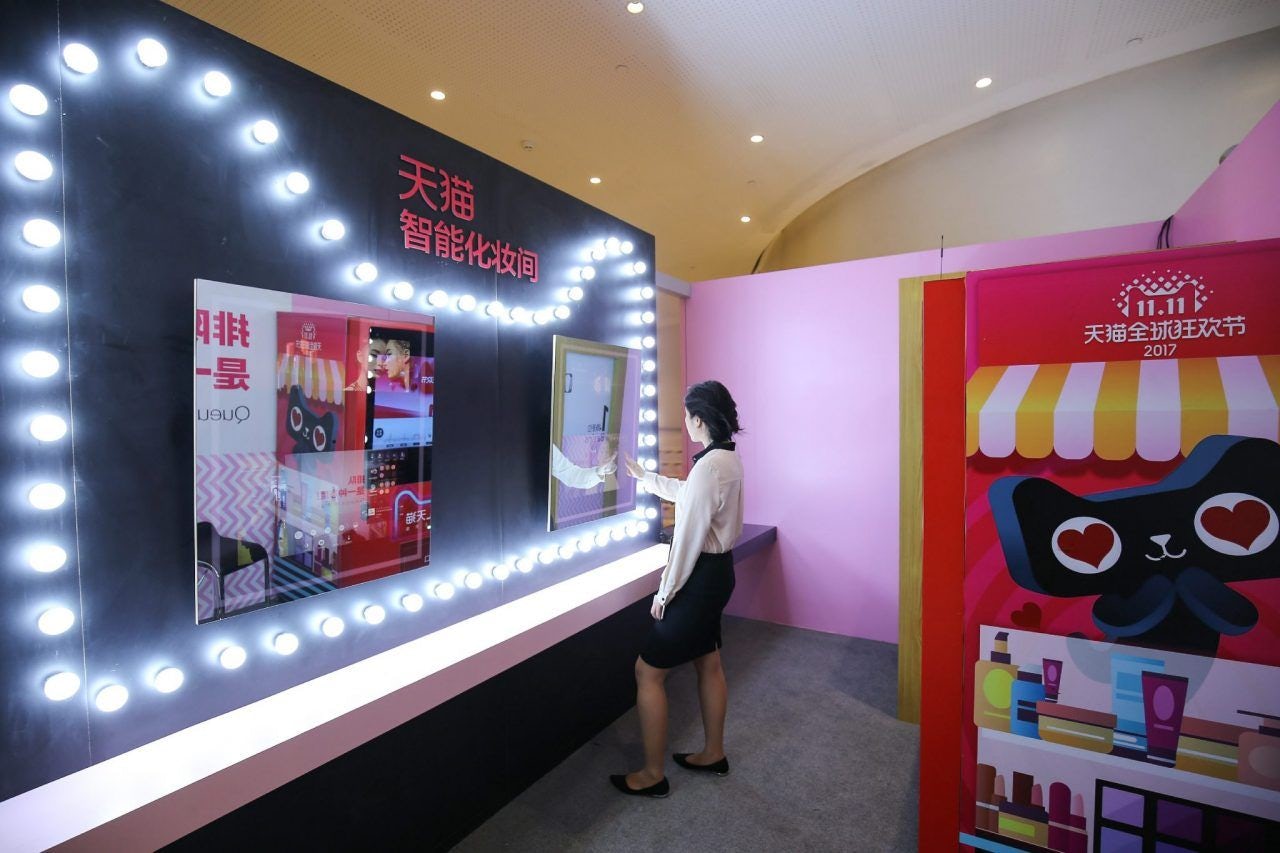Last year, Women’s Day was transformed by a campaign from a surprising source. Burger King launched “Burger Queen” – a celebration of female individuality focused on how every woman should see herself. Through a mirrored burger box and a series of videos, the fast-food chain invited women to define themselves in their own terms.
The effect was to transform March 8, a ceremonial date, into a powerful platform for brands to celebrate and engage with feminism in China. The campaign’s fresh stance produced no fewer than 300 million impressions on local social media sites, as well as a 23 percent sales increase.
Since then, debates about female rights have dominated the headlines. This is a reflection of pressure and discussion stemming from #MeToo and the gender pay gap. It set the scene for a mature social media conversation for Chinese millennials as global citizens.
Therefore, heading into this year’s Women’s Day on March 8, brand builders expected we would see brands take braver steps to form a relationship with local women.

2018 Women’s Day – A Return to Tired Stereotypes#
Despite being localized as “Goddess Day”, Women’s Day this year in China was a startling step backwards.
Leading the regression were e-commerce giants Tmall and JD.com. Both committed the same sin: aggressive commercialization.
JD.com presented the date as “Butterfly Festival”, where the shopping platform’s products were presented as, you guessed it, a butterfly.
Tmall, on the other hand, advocated the seemingly inspiring idea of “Living with Feminine Power” through a short TVC. However, ‘power’ was limited to inane gender stereotypes; a woman trying to lose weight, a woman dealing with a blister from wearing high-heels, and young female assembling flat-pack furniture from Tmall.
Tmall’s advertising copy wasn’t all that bad. However, offline posters seen across subways were accompanied by images of foreign women. This curious combination suggested that “feminine power” is a foreign concept.
Other attempts to celebrate local women ranged from the offensive to the inane.
China Merchant Bank took the time to tell local women that they should lose a few pounds.
Several cosmetic brands rolled out the ‘Knight in Shining Armor’ narrative, to assure their female audience that there will ‘always be a man there to save the day’.

The Consequence and Opportunity for Brands#
Consumers and commentators are suitably unimpressed.
For instance, digital commentator Xia Bibi (pen name), wondered how Tmall could “deploy so many ads on Women’s Day, without presenting a perspective”. Her article remains one of the most viewed on “Digital Marketing Commentator”.
The regression to typecasting that dominated this year’s Women’s Day in China points to a clear opportunity for brands to engage.
Last year, cosmetic brand SK-II took the unprecedented step on highlighting the pressure placed on local women to marry before 27. Known locally as “leftover women syndrome”, many young women are pressured intensely to marry suitors promoted by their parents before this age.
The most visible site of this clash-of-generations is at public parks where parents present their daughters’ profile to families with sons.
SK-II's #ChangeDestiny (#改写命运#) campaign presented the perspectives of women suffocated by traditional expectations, including testimonials that were displayed in parks where ‘marriage markets’ take place.
While the campaign was considered culturally challenging, it has given SK-II a new level of credibility with young urban women.
By contrast, brands who tokenize Women’s Day and women are likely to face alienation. As they rightly should.
International brands have room to more profoundly engage with local women’s issues. It’s a conversation brands should be proud to change.
Jerry Clode is the Head of Digital and Social Insight, and Director of SMART–Research, Strategy and Naming, at Resonance China.



